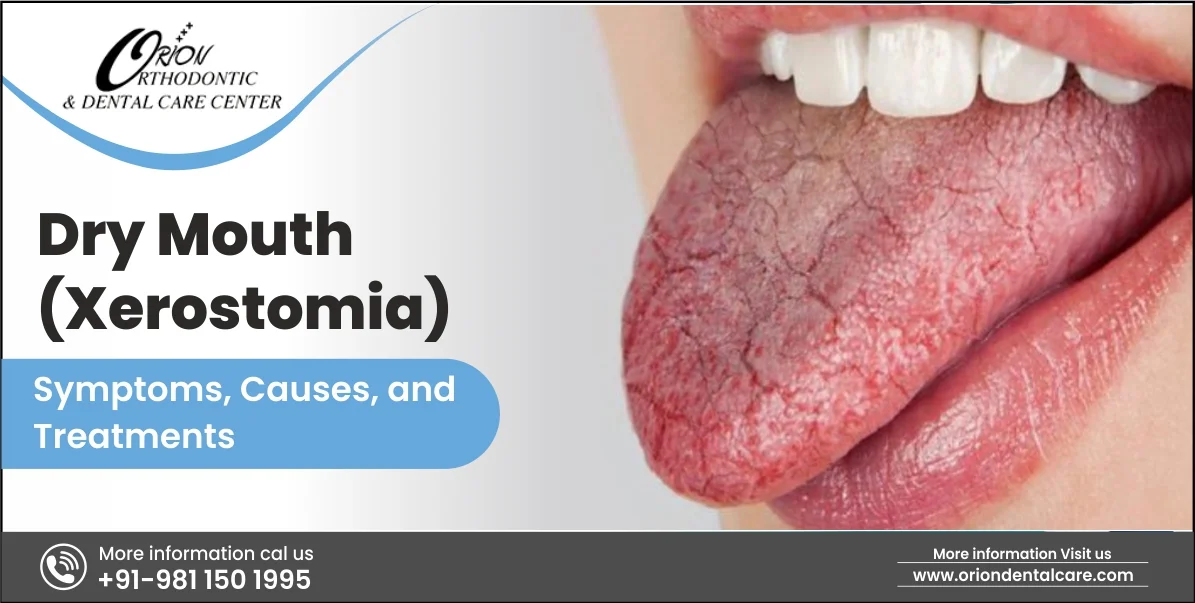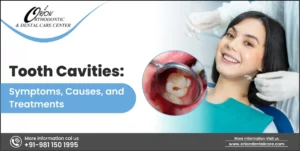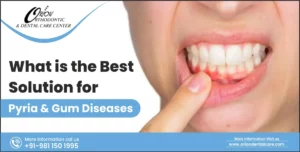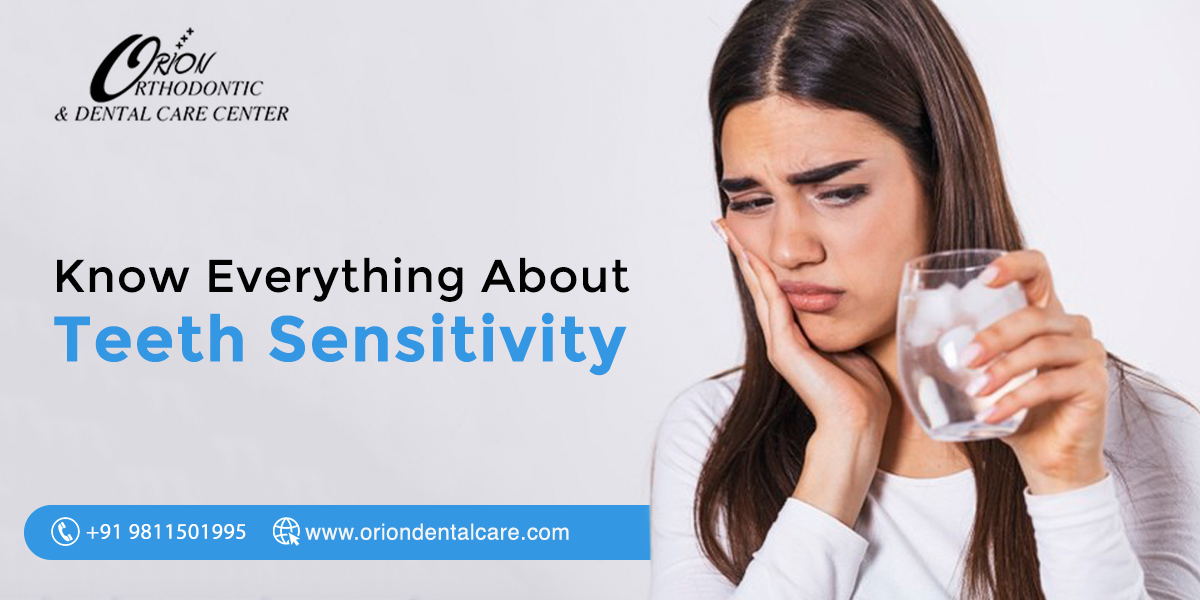Sometimes, having a lot of anxiety or being dehydrated might cause a dry mouth. On the other hand, xerostomia, or persistent dry mouth, may indicate a medical issue. Some drugs may potentially be the cause of it. If ignored, xerostomia increases your risk of developing gum disease, tooth decay, and other dental problems.
Understanding Dry Mouth (Xerostomia)
When you don’t have enough saliva, you might get xerostomia or dry mouth. Saliva is produced by the salivary glands of your mouth to help moisturize and maintain a clean mouth.
A dry mouth is typical sometimes. For example, being dehydrated causes your mouth to become dry. On the other hand, persistent dry mouth, or always having dry lips, may indicate a medical issue.
Xerostomia is typically an undesirable effect of drugs, such as decongestants, antihistamines, and certain antidepressants. Approximately 1 in 5 persons suffer from dry mouth regularly. As you age, you are more susceptible to dry mouth.
During a checkup, a dentist will search for indicators of xerostomia to diagnose dry mouth. For example, your inner cheeks and tongue might appear rough and dry instead of glossy and wet. Your dentist may use a piece of cotton to rub over your salivary glands to measure the amount of saliva you generate. Additionally, since gum disease and cavities can both develop from dry mouth, they will be on the lookout for both conditions.
Signs and Symptoms Dry Mouth (Xerostomia)
Typical signs and symptoms include:
- A dry, sticky sensation in the mouth
- Recurring thirst
- Mouth sores; cracked lips; sores or torn skin at the outer edges of the mouth
- A parched sensation in the throat
- An uncomfortable or burning feeling in the mouth, particularly on the tongue
- A rough, red, and dry tongue
- Difficulties speaking or with eating, taste, or swallowing
- Dry nasal passages, painful throat, and hoarseness
- Foul breath
- Imbalances in taste.
- Having difficulty putting on dentures
Severe symptoms could consist of:
- Decaying teeth
- Dry skin and eyes
- Joint discomfort and skin rash
Causes of Dry Mouth (Xerostomia)
A few reasons for dry mouth are:
- Many prescription and over-the-counter medications, such as those for depression, nausea, pain management, anxiety, acne, allergies, hypertension, asthma, cold, obesity, psychotic conditions, and Parkinson’s disease frequently cause dry mouth as a side effect.
- Certain sedatives and muscle relaxants can also cause dry mouth.
- A Dry mouth may be caused due to the adverse effects of some illnesses such as Alzheimer’s disease, HIV/AIDS, cystic fibrosis, diabetes, hypertension, rheumatoid arthritis, mumps and Parkinson’s disease.
- Sometimes, medical treatments like chemo or radiation to the neck and head may damage the salivary glands, causing them to make less saliva resulting in a dry mouth.
- Nerve injury of the neck or head can lead to nerve damage causing a dry mouth.
- A dry mouth can result from dehydration-causing conditions such as fever, heavy perspiration, vomiting, diarrhoea, bleeding, and burns.
- If the salivary glands are surgically removed.
- Chewing or smoking tobacco can exacerbate dry mouth and reduce saliva production.
- Furthermore aggravating the issue is frequent mouth open breathing.
Treatment options for Dry Mouth (Xerostomia)
Treatments for dry mouth are based on some variables, including the patient’s age, health, and use of any drugs that could be aggravating the illness. If a root problem is identified, its impact can be reduced by following particular measures.
- Medicine: If a doctor determines that a certain medicine is causing dry mouth, they will either change the dosage or recommend an alternative prescription that is not as likely to have this effect.
- Mouth moisturisers: Such items may include over-the-counter or prescription mouthwashes, synthetic saliva, mouth lubricants, or prescription medications. Mouthwashes with xylitol, in particular, that are intended for dry mouth can be useful.
The four primary fields of treatment for dry mouth issues are as follows:
- Boosting salivary flow
- Replenish secretions lost
- Controlling dental cavities
- Implementing certain strategies, such as curing infections
- Dental and oral health should get particular attention from someone who has a dry mouth.
Frequent dental brushing and flossing are essential. Other crucial actions include removing plaque and treating:
- Inflammation
- Gum infections
- Cavities in the teeth
Preventing Dry Mouth (Xerostomia)
Maintaining the well-being of your mouth and teeth depends on saliva. Taking the following preventative measures for your teeth may also assist with dry mouth:
- After brushing, floss and use fluoride toothpaste on your teeth. Consult your dentist about the possibility of receiving prescription fluoride toothpaste, toothpaste with betaine, or a tooth gel that neutralises the acids produced by bacteria.
- Apply rinses or fluoride. Your dentist may recommend fluoride trays, that you can load with fluoride and place over the teeth at night, to help prevent cavities. It’s also possible that your dentist will advise you to brush with fluoride gel right before bed.
- To help against tooth decay, get your teeth inspected and have any plaque cleaned.
- Make at least two annual visits to your dentist.
These suggestions, in addition to expert guidance, may lessen the signs of dry mouth:
- To keep your tongue moist during the day, eat ice chips, drink sugar-free beverages, or sip water.
- To make eating simpler to chew and swallow, sip water throughout meals as well.
- Suck on hard candies without added sugar or chew sugar-free gum.
- Use your nose to breathe, not your mouth. If your snoring makes you inhale through your mouth at night, you might need to get treated for it.
- At night, add dampness to the air. Put a room humidifier to use.
- hydrate your lips. This relieves dry, cracked skin.
Most Common Dental Problems Their Treatment And Precautions
| Dental Problem | Treatment | Precautions |
| Tooth Decay (Cavities) | Dental fillings, root canal treatment, dental crowns | – Practice good oral hygiene to prevent further decay. |
| – Limit sugary food and drinks. | ||
| – Attend regular dental check-ups. | ||
| Gingivitis | Professional dental cleaning, improved oral hygiene | – Brush and floss regularly. |
| – Use an antimicrobial mouthwash. | ||
| – Schedule routine dental cleanings. | ||
| Periodontitis | Scaling and root planing, antibiotics, surgery | – Maintain excellent oral hygiene. |
| – Quit smoking to improve gum health. | ||
| – Follow post-surgery care instructions. | ||
| Tooth Sensitivity | Desensitizing toothpaste, fluoride treatments | – Avoid acidic foods and drinks. |
| – Use a soft-bristled toothbrush. | ||
| – Inform your dentist about sensitivity concerns. | ||
| Missing Teeth | Dental implants, Dental bridges | – Follow proper oral hygiene for prosthetic care. |
| – Attend regular follow-up appointments. | ||
| – Avoid biting hard objects to prevent damage. | ||
| Malocclusion | Braces, Invisalign | – Adhere to orthodontic treatment guidelines. |
| – Attend regular adjustment appointments. | ||
| Oral Infections (Abscess) | Drainage root canal treatment | – Complete the full course of prescribed antibiotics. |
| – Follow post-treatment care instructions. | ||
| – Maintain good oral hygiene. | ||
| Bruxism (Teeth Grinding) | Mouthguards, stress management techniques | – Wear a custom-fitted night guard as prescribed. |
| – Manage stress through relaxation techniques. | ||
| Dry Mouth (Xerostomia) | Saliva substitutes, medications to stimulate saliva | – Stay hydrated by drinking water regularly. |
| – Limit caffeine and alcohol intake. | ||
| – Chew sugar-free gum to stimulate saliva production. | ||
| Impacted Wisdom Teeth | Extraction of impacted wisdom teeth | – Follow post-extraction care instructions. |
| – Attend follow-up appointments for monitoring. | ||
| Cracked or Fractured Teeth | Dental bonding, dental crowns, root canal treatment | – Avoid chewing hard objects or ice. |
| – Report any discomfort or changes to your dentist. |
Conclusion
Dry mouth regularly might be an indication of xerostomia, which can harm your dental health if it persists. Periodic dry mouth is natural, but it might cause dental problems if it persists. Consult a dentist right once if you notice any of the symptoms. To protect your dental health, our professionals at Orion Orthodontic & Dental Care Centre can determine the source of your symptoms and provide a customised treatment plan.
Adopt a proactive stance about your dental health. Make an appointment with Orion Orthodontic & Dental Care Centre right now. Our specialists are prepared to provide customised therapy for your best oral health. Your smile requires the greatest care.




